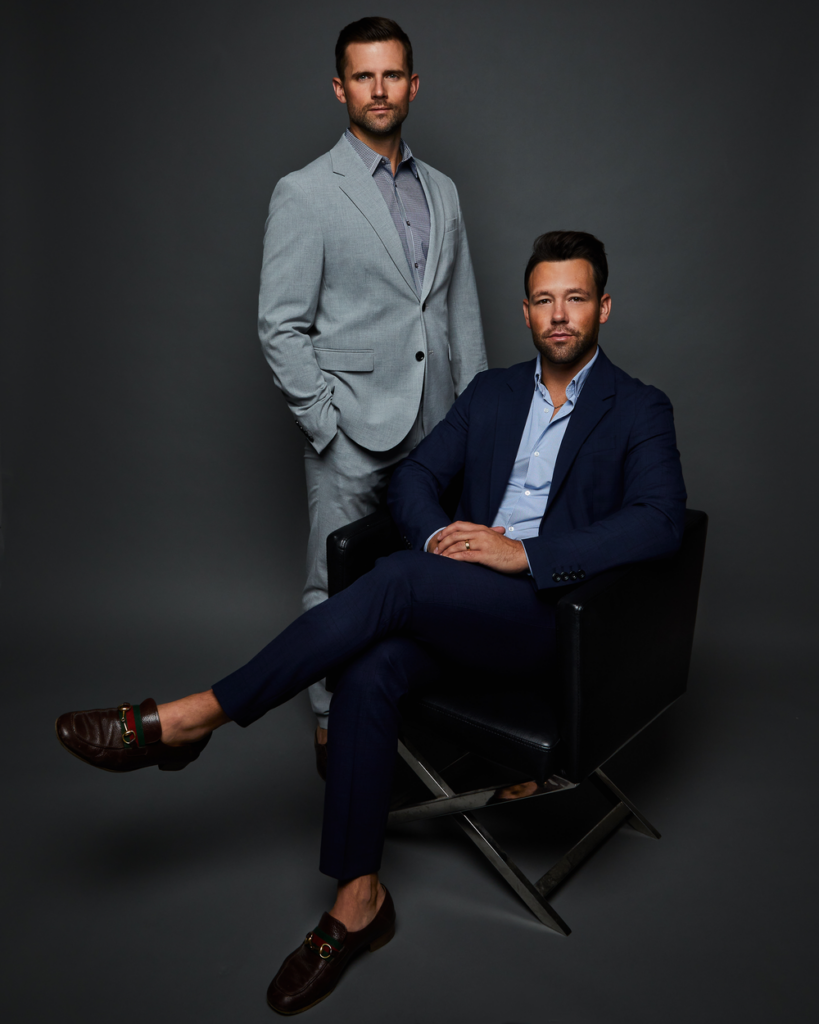COVID-19 affected our entire world, and the surrogacy process was not immune. At the start of the pandemic, the ASRM recommended that clinics stop embryo transfers to gestational surrogates who were carrying for intended parents located outside of the United States. Because the pandemic limited international travel, it was deemed unwise to commence surrogacy journeys where the intended parents may not be able to be present to retrieve their child. We have since moved past this hurdle, but the the effects of COVID-19 can still be felt.
Since the advent of the COVID-19 vaccine, more intended parents have felt comfortable initiating the surrogacy process. Recommendations that all pregnant individuals should be vaccinated against COVID-19 from The American College of Obstetricians and Gynecologists (ACOG) and the Society for Maternal-Fetal Medicine (SMFM) have given even more confidence in the safety of surrogacy during the pandemic.
Studies have also shown that surrogate mothers who received either the Pfizer–BioNTech or Moderna COVID-19 vaccine during pregnancy passed protective antibodies to the child being carried. This is hugely appealing to Intended Parents since children under five years of age who, at the time this article was written, are still ineligible to receive any type of vaccination against COVID-19.
Furthermore, we are seeing more Intended Parents request breast milk from their surrogates following the birth of their child. Studies have shown that breast milk from surrogate mothers who have either had COVID or have been vaccinated against it will contain protective antibodies.
The surrogacy matching process has also been affected by the global pandemic. The vaccination status of gestational surrogates has become a highly important issue with Intended Parents. Family building through surrogacy already carries significant risk and emotional energy. The majority of Intended Parents are not willing to match with surrogates who have not been vaccinated against COVID-19.
Along with Intended Parents, many IVF Clinics now require proof of vaccination before they are willing to work with a gestational surrogate. Although not every clinic has this policy, it is becoming more and more common as IVF Clinics work with a large portion of immuno-comprimised patients.
COVID-19 has not only affected the matching and screening process of surrogacy, it has also affected the experience for gestational carriers and intended parents who are currently pregnant.
OBGYN clinics and hospitals have become quite restrictive when it comes to companions and visitors of the surrogate. Most hospital COVID policies favor people who are giving birth to their own child. As an agency, we write appeals to medical centers to ask for exceptions in our cases of assisted reproduction. However, many hospitals will still only allow 1 visitor. So the surrogate and her intended parents will have to decide who will be in the room at the time of birth: one of the intended parents, a doula, or the surrogate’s spouse/partner.
While we have been quite successful in making sure that intended parents and a surrogate support person are present at the birth, COVID-19 has certainly created an extra hurdle that needs to be overcome.
COVID has created additional obstacles when it comes to the surrogacy process. However, having an agency experienced in overcoming these challenges still makes the journey of surrogacy smooth and immensely fulfilling. Contact our Elevate Egg Donors and Surrogates if you have any questions.

